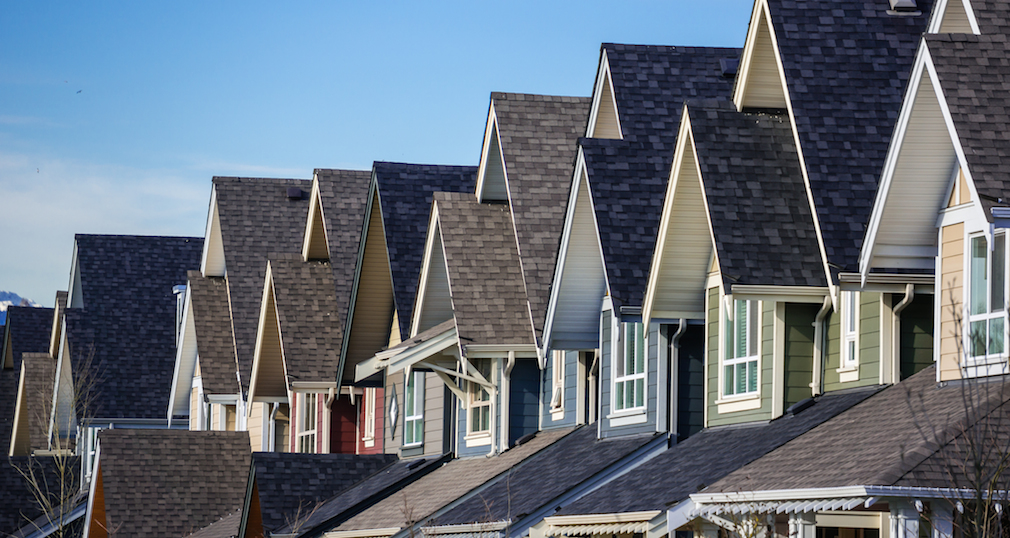Sellers of houses near or below the U.S. median price of about $250,000 are going to see strong demand in the so-called spring selling season, said Lawrence Yun, chief economist for the National Association of Realtors.
The high end of the market – homes priced above $750,000 – will have a tougher time, he said. The spring market is the March through June period when more than half of U.S. home sales take place.
“For anything below the median home price there will be strong demand because of the good jobs market and the low mortgage rates,” Yun said in an interview. “On the upper end things will be softer, so it will be a bifurcated housing market in 2019 and probably into 2020.”
Mortgage rates unexpectedly began declining at the beginning of the year, stoking demand by bringing more buyers into the market. Yun said six months ago he thought mortgage rates might reach 6% this year, but he’s now calling for rates to stay in the 4% to 4.5% range.
The softening at the high end is mainly due to the federal tax cuts that became law more than a year ago, said Yun. The new tax code caps mortgage deductions at $750,000 and limits the deductibility of state and local taxes – known as SALT.
“Capping property tax deductions, especially for people living in New England states or other areas, such as California, where those taxes are higher, is going to reduce demand” on the high end in those markets, Yun said.
Wage growth is a bright spot in the economy for first-time buyers and the move-up buyers who rely on newcomers making purchases, said Yun. U.S. wages increased an average 3.2% in March from a year ago, the government reported last week. While that was a slight dip from the prior month’s pace, the overall trajectory has improved over the last year after a prolonged period of below-3% growth, according to government data.
Yun said he doesn’t expect to see an economic recession “over the next couple of years” in part due to the housing market.
“The key reason is: homebuilders have to build more homes to meet demand, and anytime housing starts are rising, it’s hard to see an economic recession occurring,” said Yun.
Yun said he expects to see 1.3 million housing starts this year and 1.4 million in 2020. While that’s higher than the trend since the housing collapse a decade ago, it remains below the 50-year annual average of 1.6 million, Yun said.
“The builders haven’t fully recovered from the housing crash,” he said. “They are taking small, incremental steps, and that’s why we are having a shortage of housing across the country.”
If homebuilders don’t ratchet up production, it will make home prices even more unaffordable for first-time buyers, Yun said.
“Builders are expected to build more, but we are still not where we need to be in terms of reaching historical normal housing production,” he said. “If for some reason they can’t increase production, the housing market will reach a cooking point where prices will accelerate, and people won’t be able to afford those homes.”






